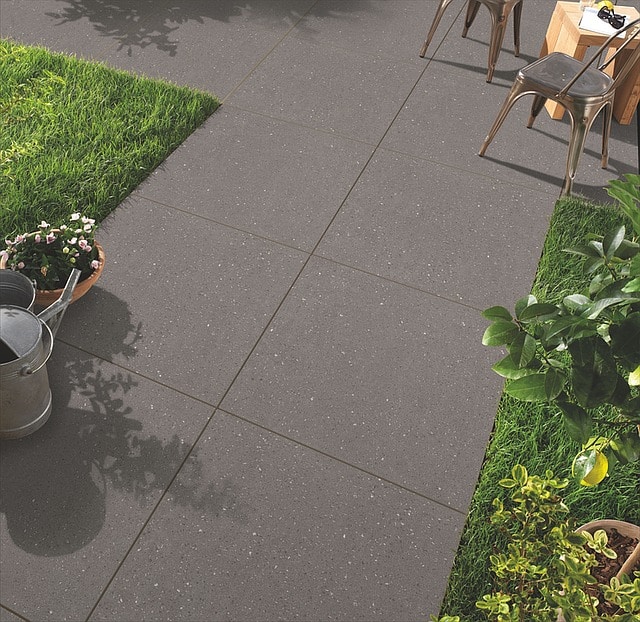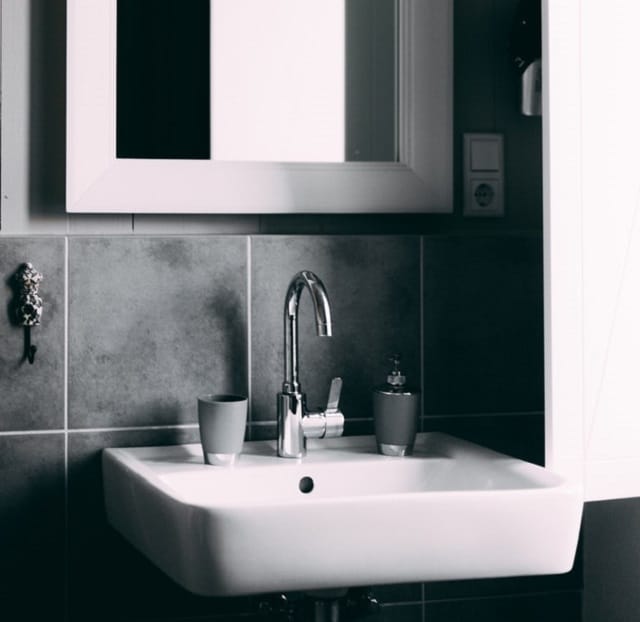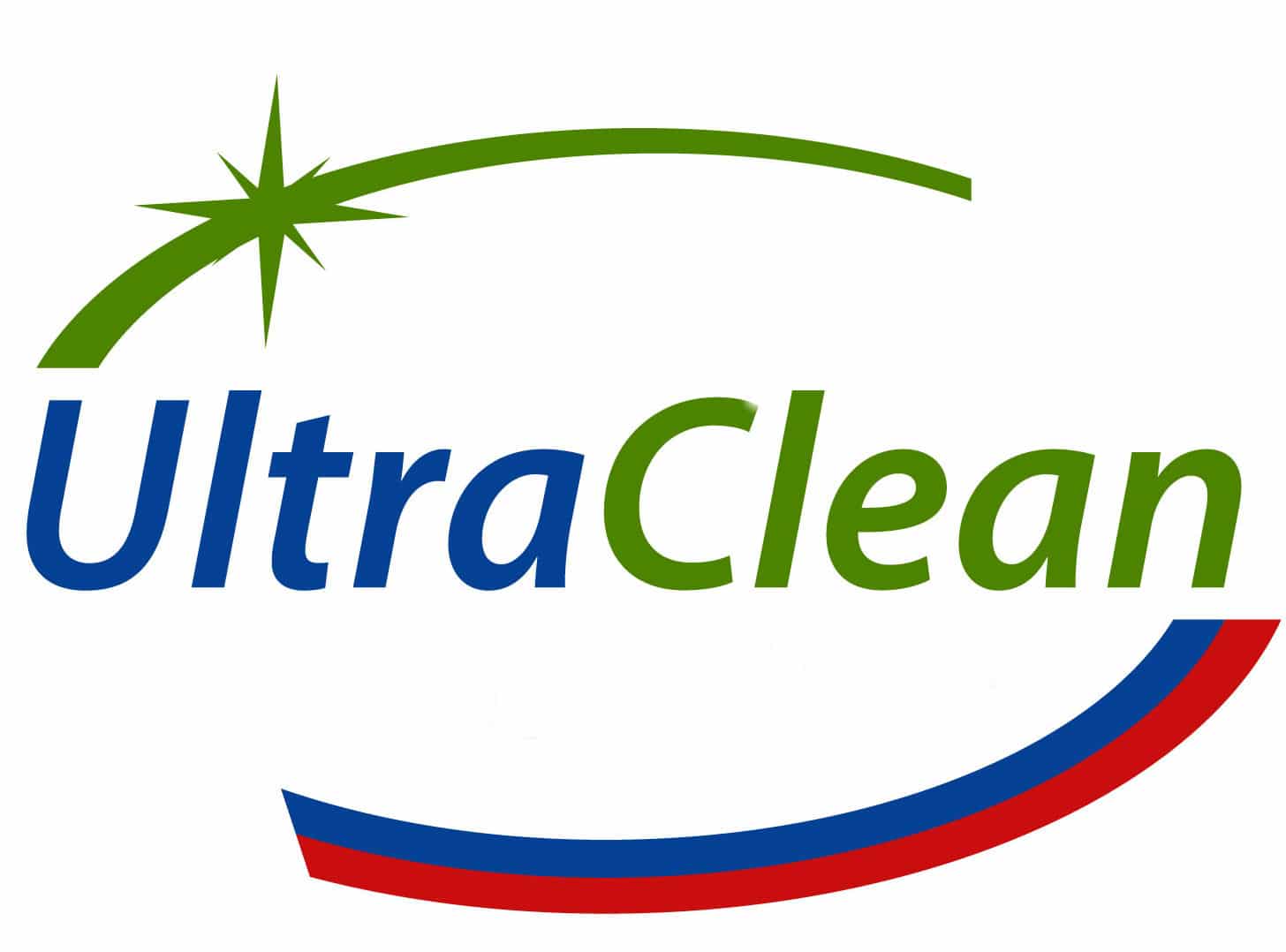When selecting tiles to use on your floors or walls, you’ll be surprised at the many varieties available. This industry is spreading & growing massively. Fueled by the home renovation boom among the USA, porcelain/ceramic tiles are a must-have if you want to add value to the resale price of your home. Among the most common types are porcelain tiles and ceramic ones. People usually use the terms interchangeably to imply the same thing. However, there are notable differences in characteristics between the two types that are worth noting and considering if you don’t have tile floors. They don’t necessarily determine which model is better than the other, but they help you make an informed decision for your unique needs.
Characteristics of Porcelain Tile
One of the reasons why people use porcelain and ceramic interchangeably is that they’re made from similar materials. Porcelain is a form of ceramic derived from the combination of clay and other natural elements. Then its put into a blazing fiery kiln process where it undergoes a stage of transformation into a material resembling concrete, wood, or other materials that are desired. The end products may either be glazed or unglazed and has with the following features.

Impervious
One of the differences between ceramic and porcelain tile is evident upon installation. The porcelain type does not let water through, making it more withstanding to water spills, and water prone areas. Experts in the tile manufacturing industry believe that one quality that makes tiles durable and highly valued is their water absorption rate. It is one of the least porous substances in your house.
The fact that porcelain is more impervious than other tiles makes it a better choice for both indoor and outdoor use. Consider having them installed on bathroom floors where there is exposure to constant water spillage. Additionally, use porcelain tiles in kitchen areas where common liquid spills occur.
Durability
Besides being less porous, porcelain tiles are also very durable. Experts categorize them as the most robust materials available for flooring and surface finishing. This is because they’re dense and hard-wearing, making them resistant to scratches and chipping. Since they are cooked at very high temperatures in the kiln, it makes it a very strong material. Their high density makes them an excellent choice for use in areas with high traffic and everyday use Consider them for hallways and commercial premises. Porcelain tiles are IDEAL for bathrooms and kitchen areas because you will be using these areas every single day.
Ever have a carpeted floor in your bathroom? I have and it’s weird and the worst material for getting wet routinely. Hello Mold!
Fireproof
Porcelain is a type of material that doesn’t burn under normal circumstances. In case of a fire outbreak, the tiles make it difficult for the flames to spread. If installed properly, they can last for years or more, sometimes decades with limited replacement and removal.
Stain Resistant
You’ll have an easier time cleaning and maintaining porcelain tiles because of their resistance to stains. In addition to repelling liquid, it also keeps staining agents at bay, making it hard for them to penetrate. This characteristic is more pronounced in the glazed porcelain tile types. You don’t have to worry about stains on the tile as it is cleaned easily with mopping. The grout, on the other hand, can stain, so you need tile and grout cleaning every now and then to keep your floors looking great and spotless.
Low Maintenance
As mentioned, porcelain is resistant to spillages, scratches, and stains. The ease in cleaning the tiles means that it only little effort to maintain in the best condition. Sweeping, mopping, and vacuuming them a few times a month or as necessary depending on how much traffic they experience is enough to keep them clean.
The grout may require a little more effort to maintain it clean. Consider using a solution made from water and vinegar to eliminate the grime that builds up along the grout lines. A soft-bristle brush will help in keeping the area clean. Avoid using abrasive scrubbers or products containing bleach.
Disadvantages
One of the significant drawbacks of the tiles is that they come at a higher price than other types on the market. Their high density also makes them hard to cut into different shapes. Installation requires a high level of professionalism and hence attracts higher labor fees.
Now let’s consider the pros & cons of Ceramic Tiles below!
Characteristics of Ceramic Tiles
Just like porcelain tiles, the ceramic models also pass through the kiln during their making. They are exposed to lower temperatures than their porcelain counterparts. This is a factor that makes them less dense and more penetrable. Besides, they are softer, more prone to breakages, and hence less durable. There is a preference to use ceramic tiles in areas with warm climates since they provide some natural coolness.
Ceramic Tiles exhibit the following characteristics.

Water Resistance
Just like porcelain tiles, the ceramic ones may be glazed or unglazed. The glazed ones come with a highly protective layer on the surface, which acts to prevent water absorption. It also protects against stains and withstands high humidity levels. The unglazed type doesn’t withstand moisture for long and wears down quickly with exposure to humid conditions. This is why it wouldn’t be a good choice for kitchen and bathroom floors for unglazed ceramic tiles.
Variety of Design Options
Just like porcelain tiles can be molded to resemble various materials, so can the ceramic ones. Modern tile manufacturing techniques allow the privilege of printing the tiles in several forms. There’s a wide range of mix and match patterns you can choose from, depending on your personality and personal preferences.
Shaping the tiles into varying figures like planks, triangles, or circles is also easy with ceramic tiles. Afterward, they can be printed to make them look like hardwood or stones to whatever design quality is wanted. When you think of subway tiles, think of ceramic material because this is what they are made of.
Cleaning and Maintenance
Taking care of ceramic tiles and maintaining their shine doesn’t require a lot of effort. Regular mopping or vacuuming will prevent them from accumulating dirt and grime. Once in a while, use a soft brush and a tile-cleaning solution to scrub off accumulated grime along the grout lines.
If well taken care of, ceramic tiles can last for decades without the need for repair or replacement. Despite being less dense than porcelain, if installed correctly, you won’t have to worry about them cracking if you properly maintain them.
Allergen Resistance
Due to their hard surface, ceramic tiles are known to be resistant to dust, pollen, and other allergy-causing pathogens. The hardness of the tiles prevents foreign particles from penetrating the surface. By keeping the tiles clean, you can also help a great deal in keeping the air free of respiratory irritants.
Cost
If you ask around, you’ll realize that ceramic tiles are much more affordable than the porcelain ones. The cost of installation is also a little lower, which is the reason why many people prefer it for their homes. Moreover, they add tremendous value to a building, especially one that is intended for resale.
Disadvantages
Despite having all these characteristics that are advantageous to the user, ceramic tiles have their cons. In comparison to porcelain tiles, ceramics tend to be less durable. They break easily and would call for several repairs and replacements if installed in areas with high traffic.
Their porous nature also means they are not ideal for areas exposed to a lot of moisture. Their natural coolness also makes them a bit uncomfortable during winter as they only serve to add to the coldness of the environment.
Take Away
Choosing the type of tiles to use for your floors or walls is a matter of personal choice and preference. However, don’t make a decision blindly. Knowing the characteristics of each type of tile available on the market will help you make an informed decision. Two of the most common types of tiles commonly used are porcelain and ceramic.
Although sometimes thought to be the same thing, the two types come with some notable differences. Among them is the fact that porcelain is a lot denser, more durable, and less porous than ceramic. This makes them more expensive and calls for a lot more effort to mold them into different shapes.
One of the biggest benefits of having either ceramic or porcelain tiles in your home is that it will pay for itself in the improved resale value of your home. These materials have countless designs, colors, and uses in your home and appraisers definitely take note of your floors when inspecting everything. Lastly, these materials can last a very long time and protect your home from water damage on the surface they are on.
With this knowledge, you’ll have an easier time tile-hunting as you already know what to look for. Whatever you choose, make sure it matches your style and adds color to your space.
